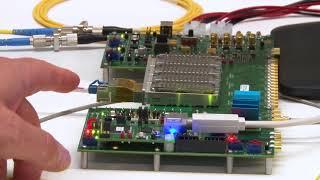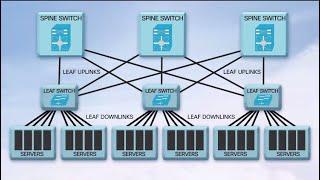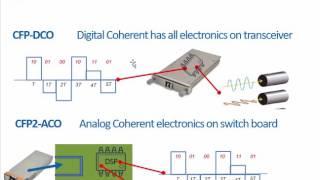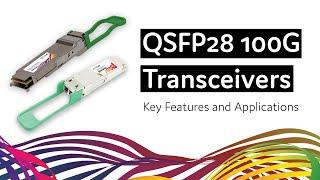Traditional Coding Theory, inspired by Shannon's motivations in communication problems, has been very successful in proposing meaningful abstractions (e.g Hamming distance, code rate, decoding complexity) and perfecting code construction for those abstractions. Data-storage applications, however, exhibit unique behaviors and constraints that are often addressed by either inefficient adaptations of known codes, or by ad-hoc solutions. In this lecture, examples of more methodical treatments of data-storage coding techniques are presented. In one part of the lecture, the unique error characteristics of Multi-Level Flash Memories are used to abstract a new error model; codes that are efficient in both redundancy and implementation are constructed, and their performance is validated using analytical tools and experiments on real floating gate arrays. Another part of the lecture introduces codes for a new well-motivated failure model of disk arrays: Clustered
- Category
- Network Storage
Be the first to comment















